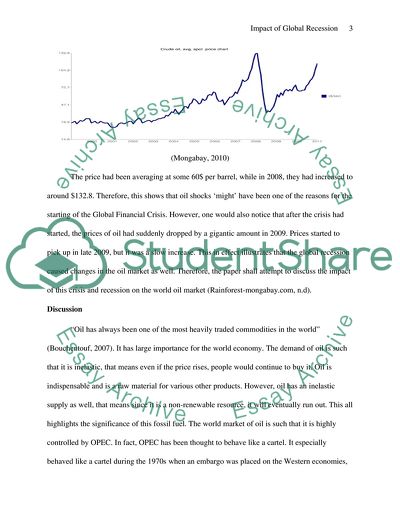Cite this document
(“Impact of the world recession on the oil market 2008-2010 Essay”, n.d.)
Impact of the world recession on the oil market 2008-2010 Essay. Retrieved from https://studentshare.org/miscellaneous/1577286-impact-of-the-world-recession-on-the-oil-market-2008-2010
Impact of the world recession on the oil market 2008-2010 Essay. Retrieved from https://studentshare.org/miscellaneous/1577286-impact-of-the-world-recession-on-the-oil-market-2008-2010
(Impact of the World Recession on the Oil Market 2008-2010 Essay)
Impact of the World Recession on the Oil Market 2008-2010 Essay. https://studentshare.org/miscellaneous/1577286-impact-of-the-world-recession-on-the-oil-market-2008-2010.
Impact of the World Recession on the Oil Market 2008-2010 Essay. https://studentshare.org/miscellaneous/1577286-impact-of-the-world-recession-on-the-oil-market-2008-2010.
“Impact of the World Recession on the Oil Market 2008-2010 Essay”, n.d. https://studentshare.org/miscellaneous/1577286-impact-of-the-world-recession-on-the-oil-market-2008-2010.


